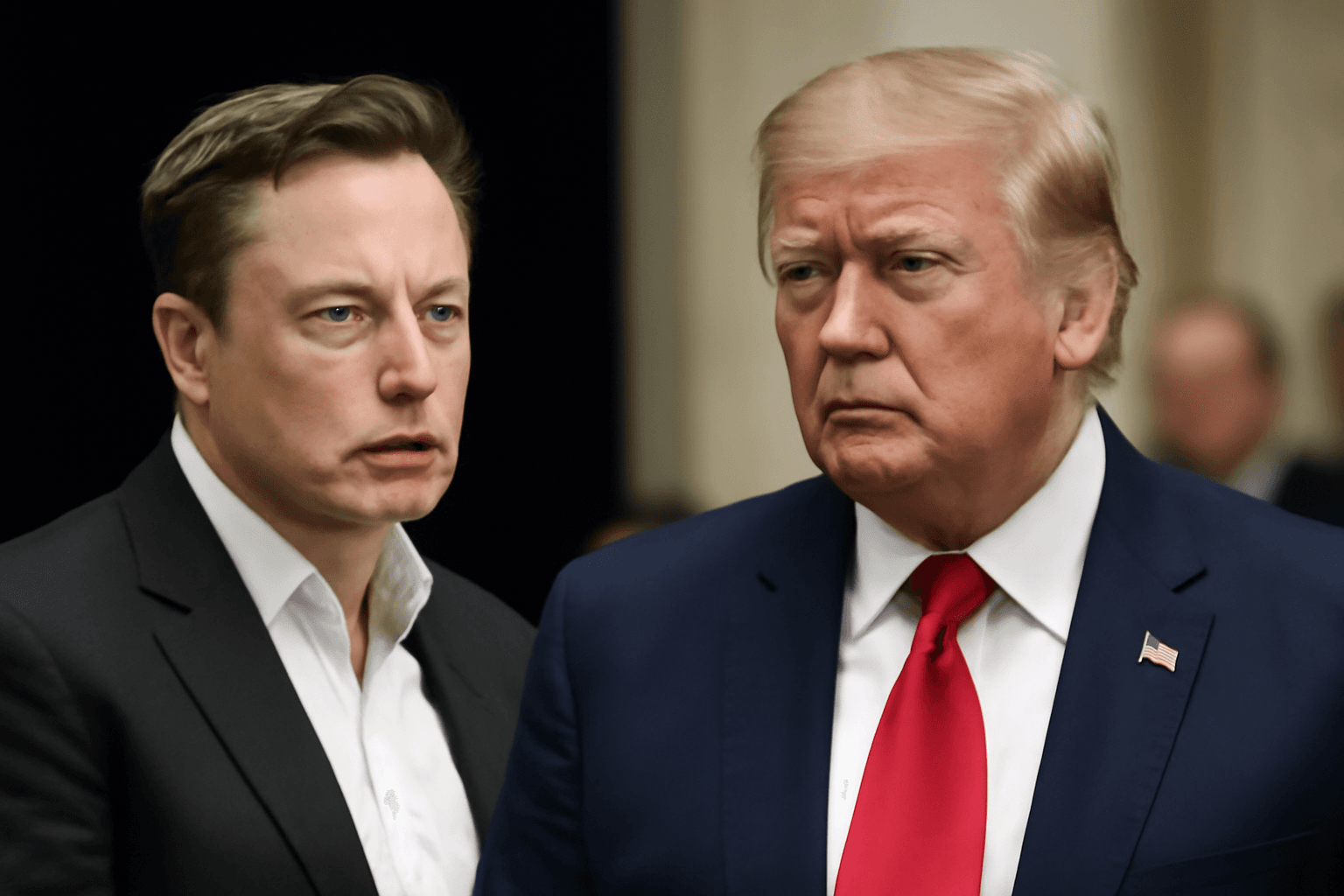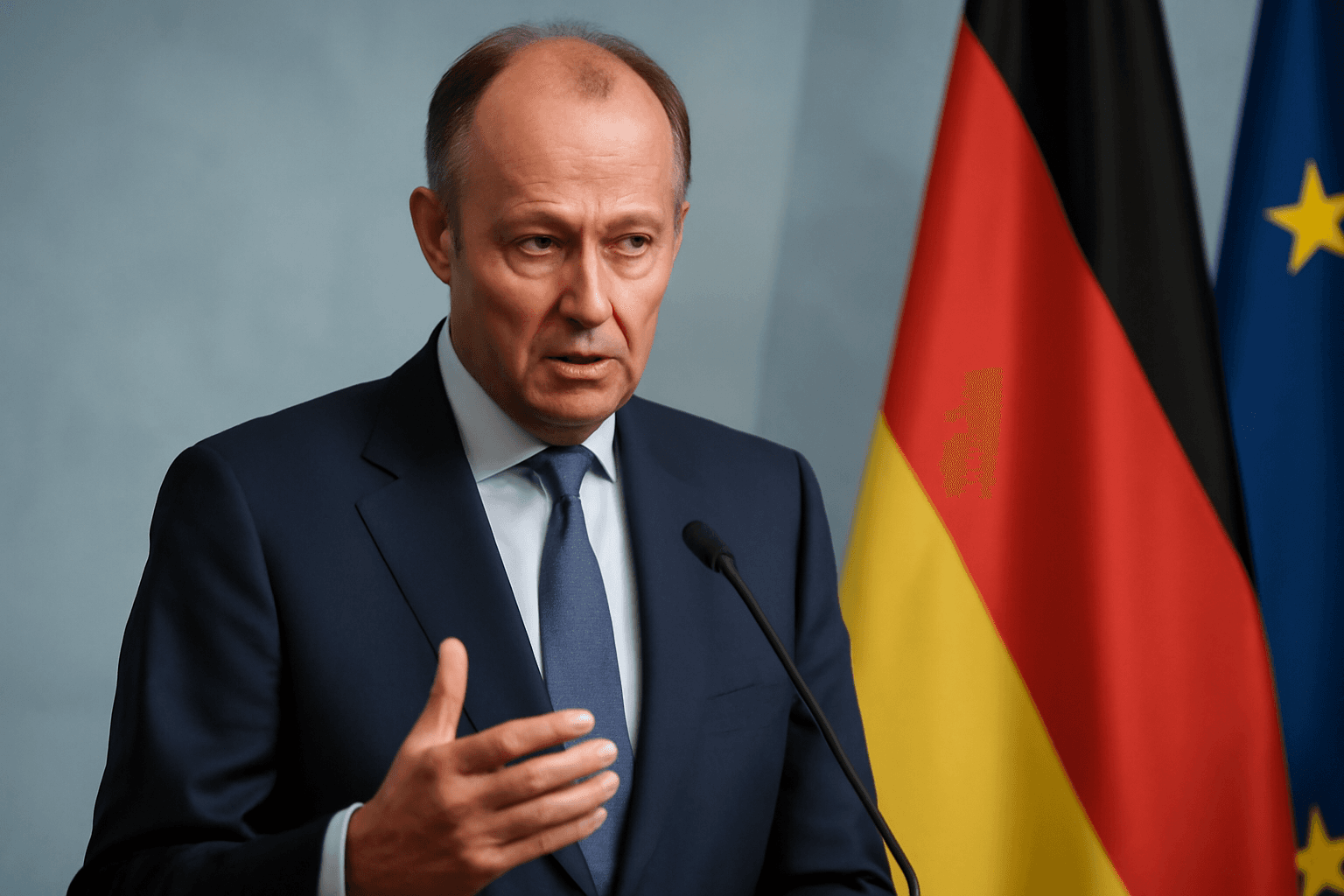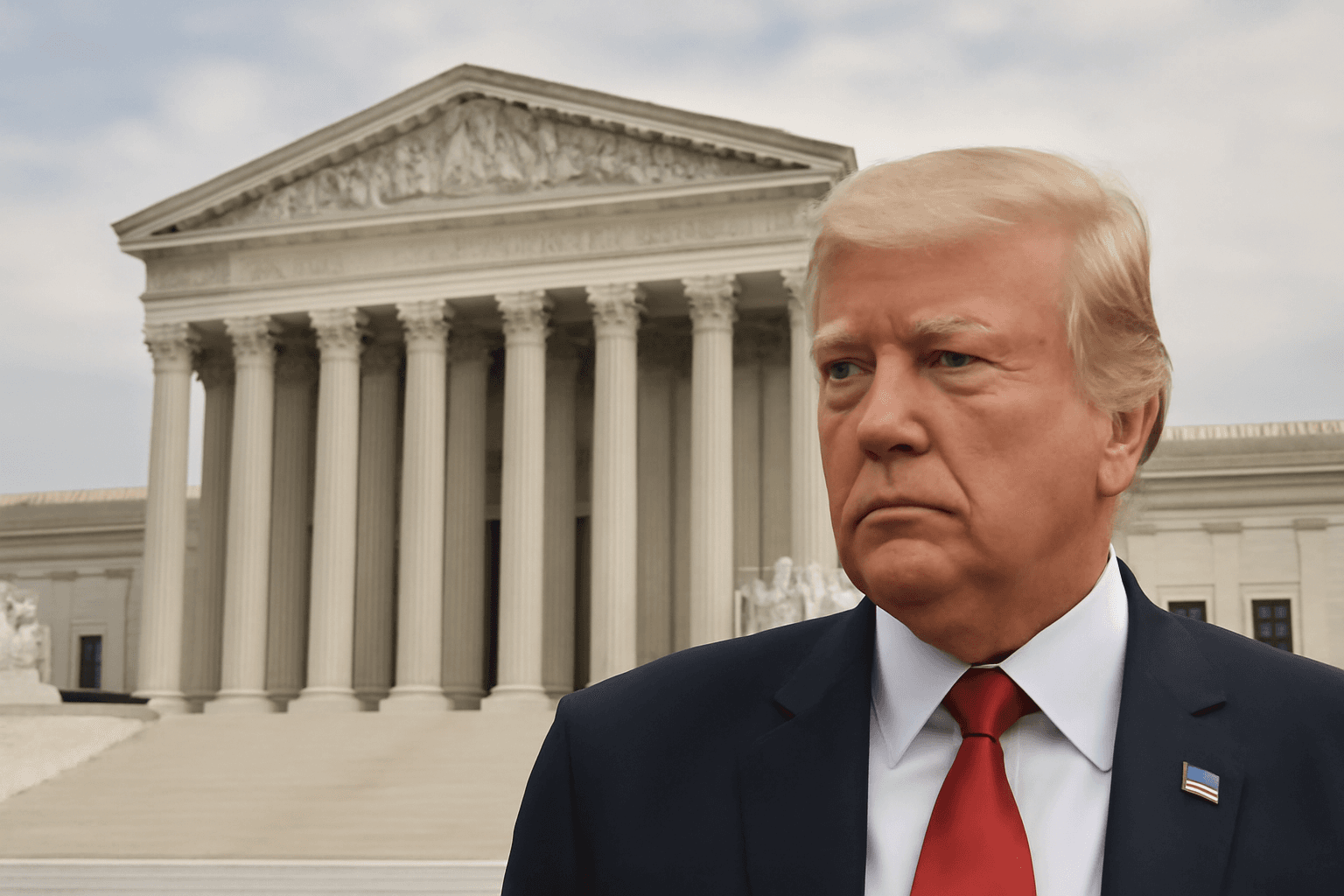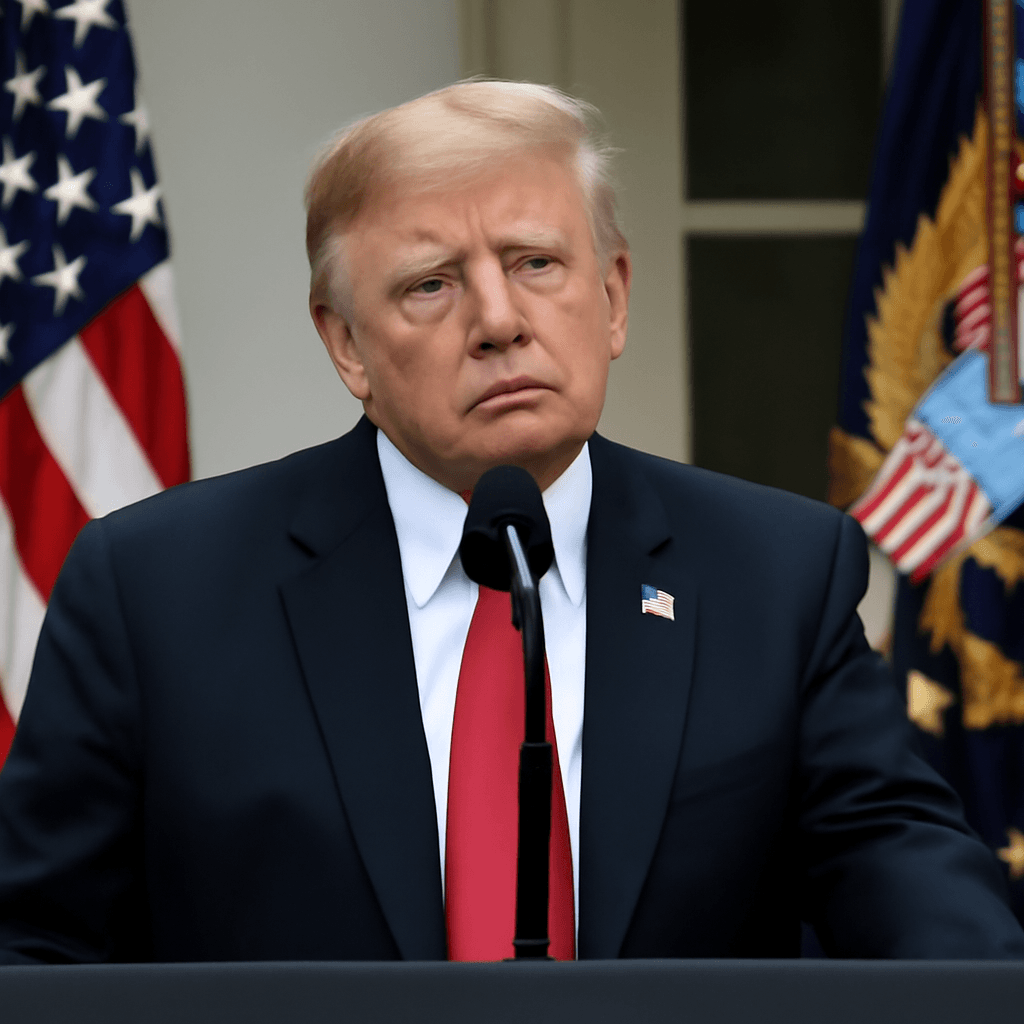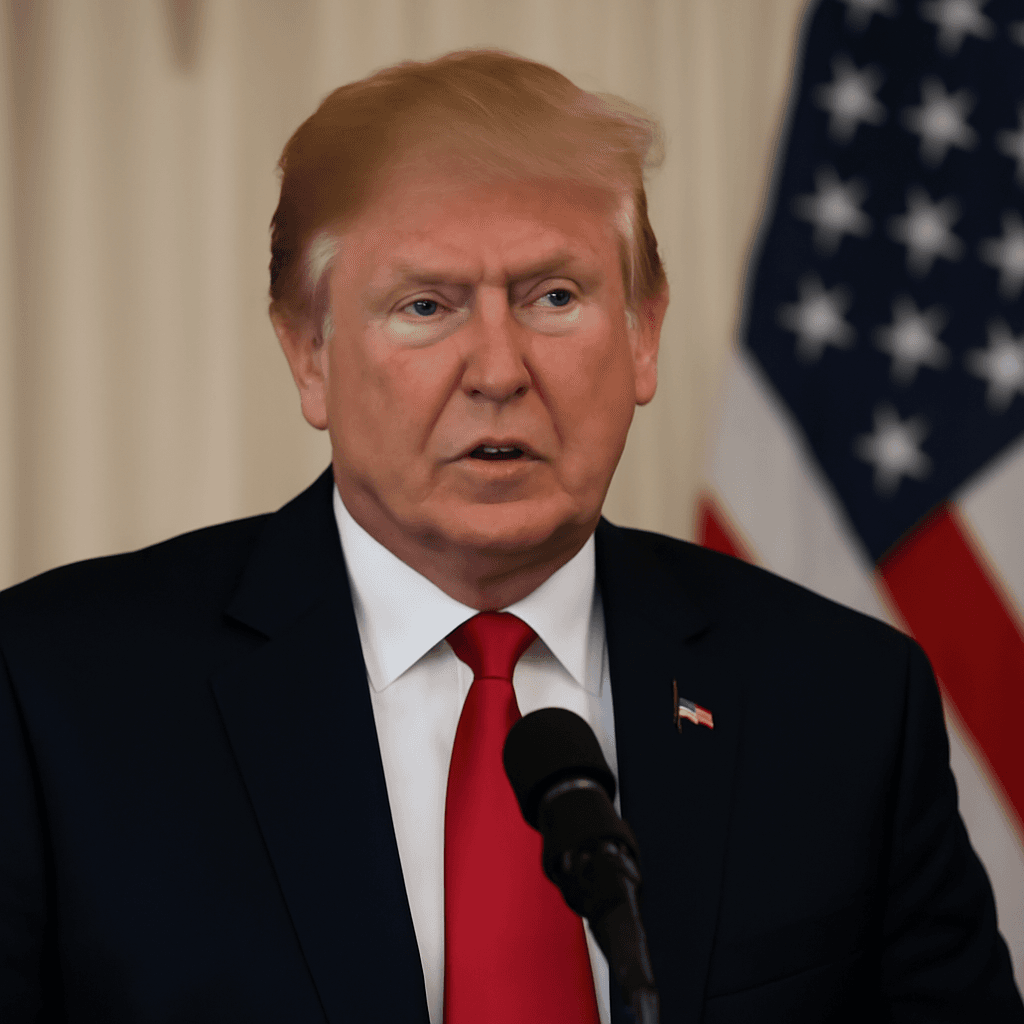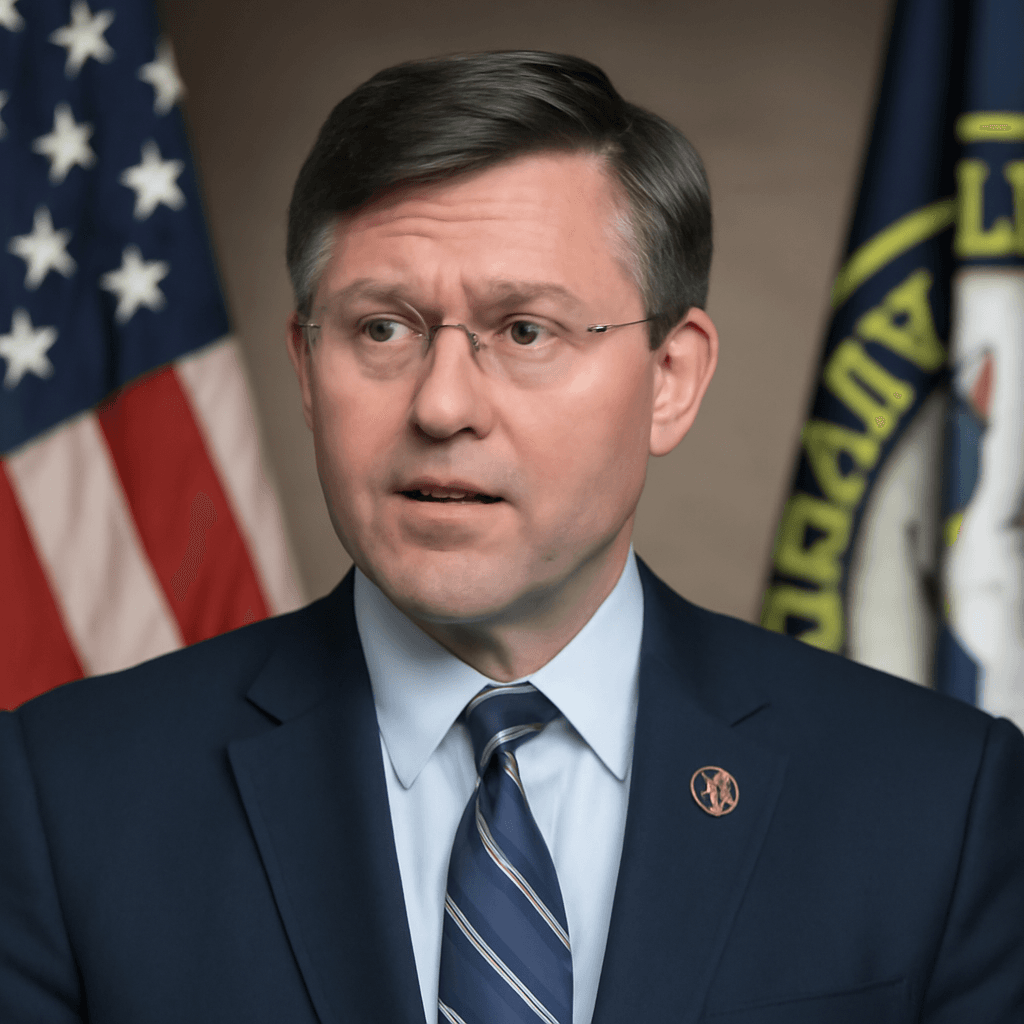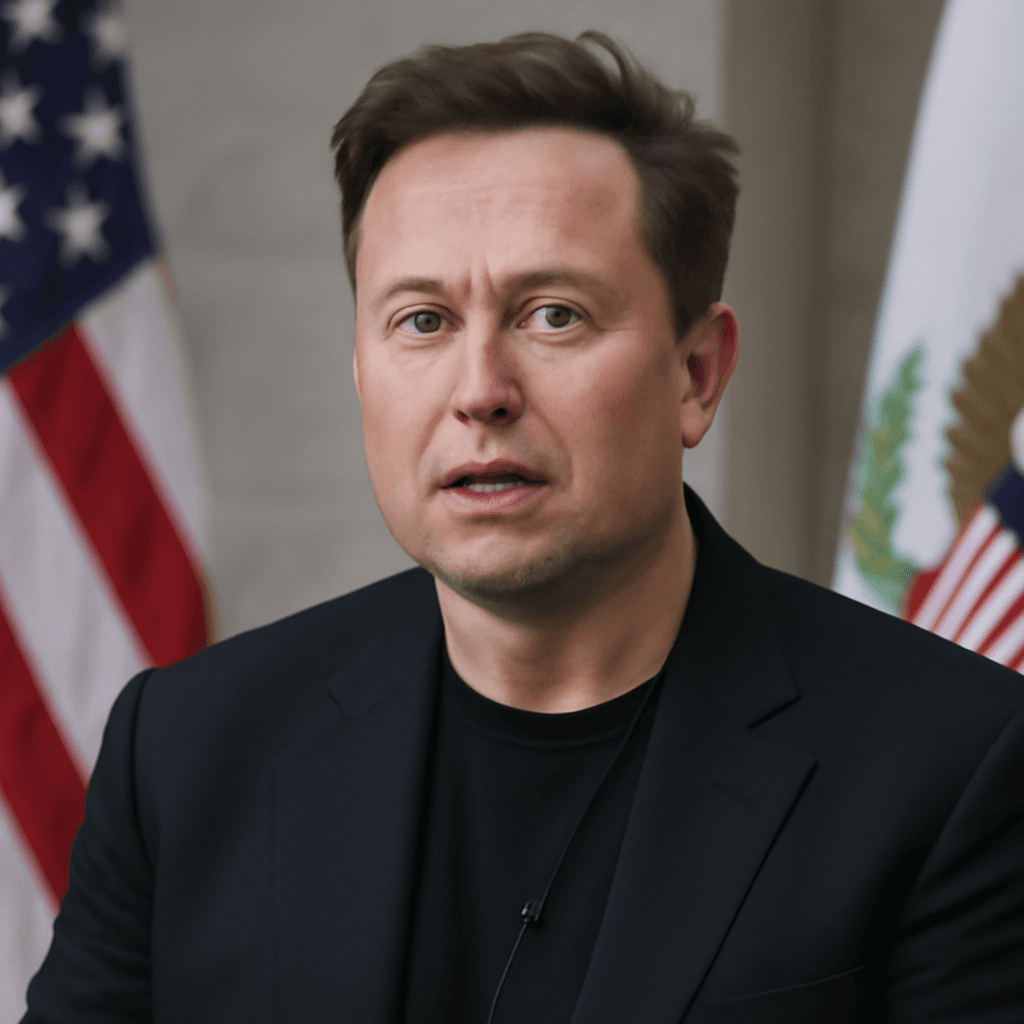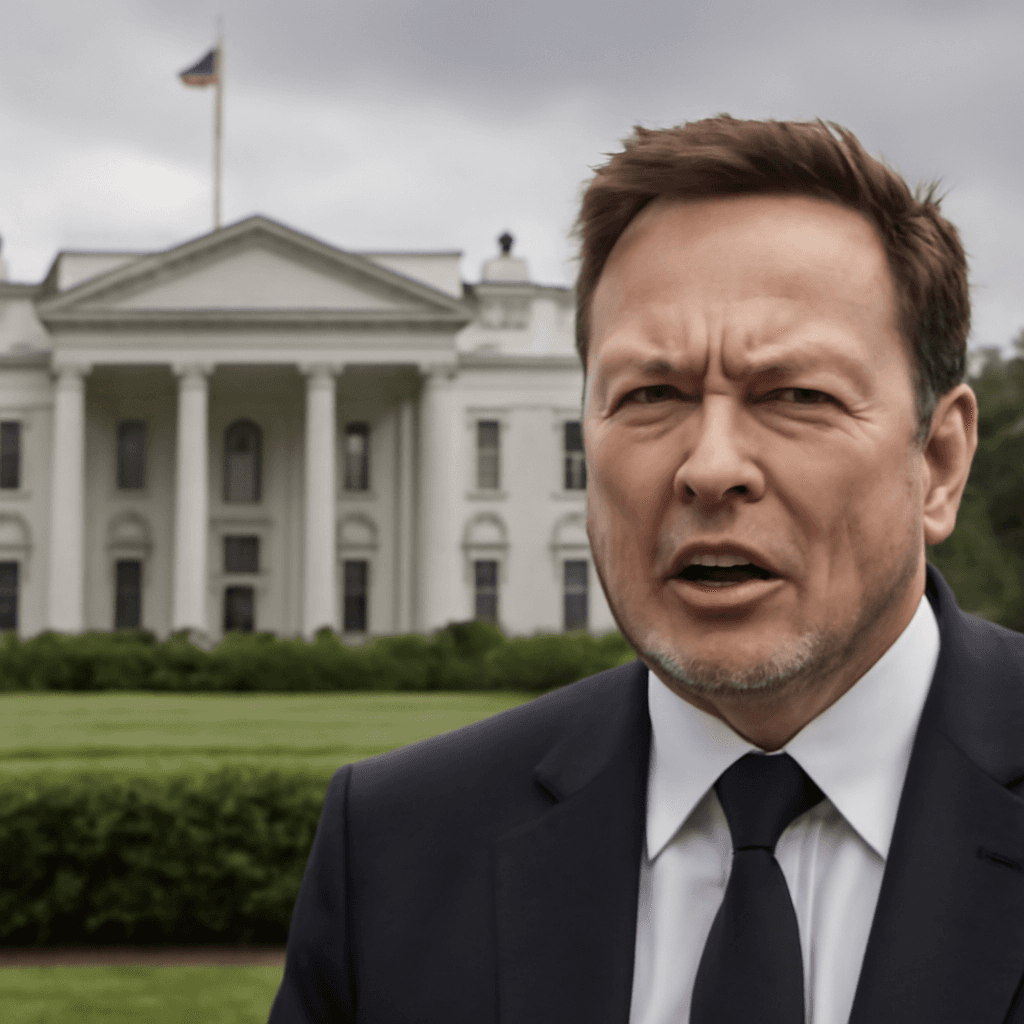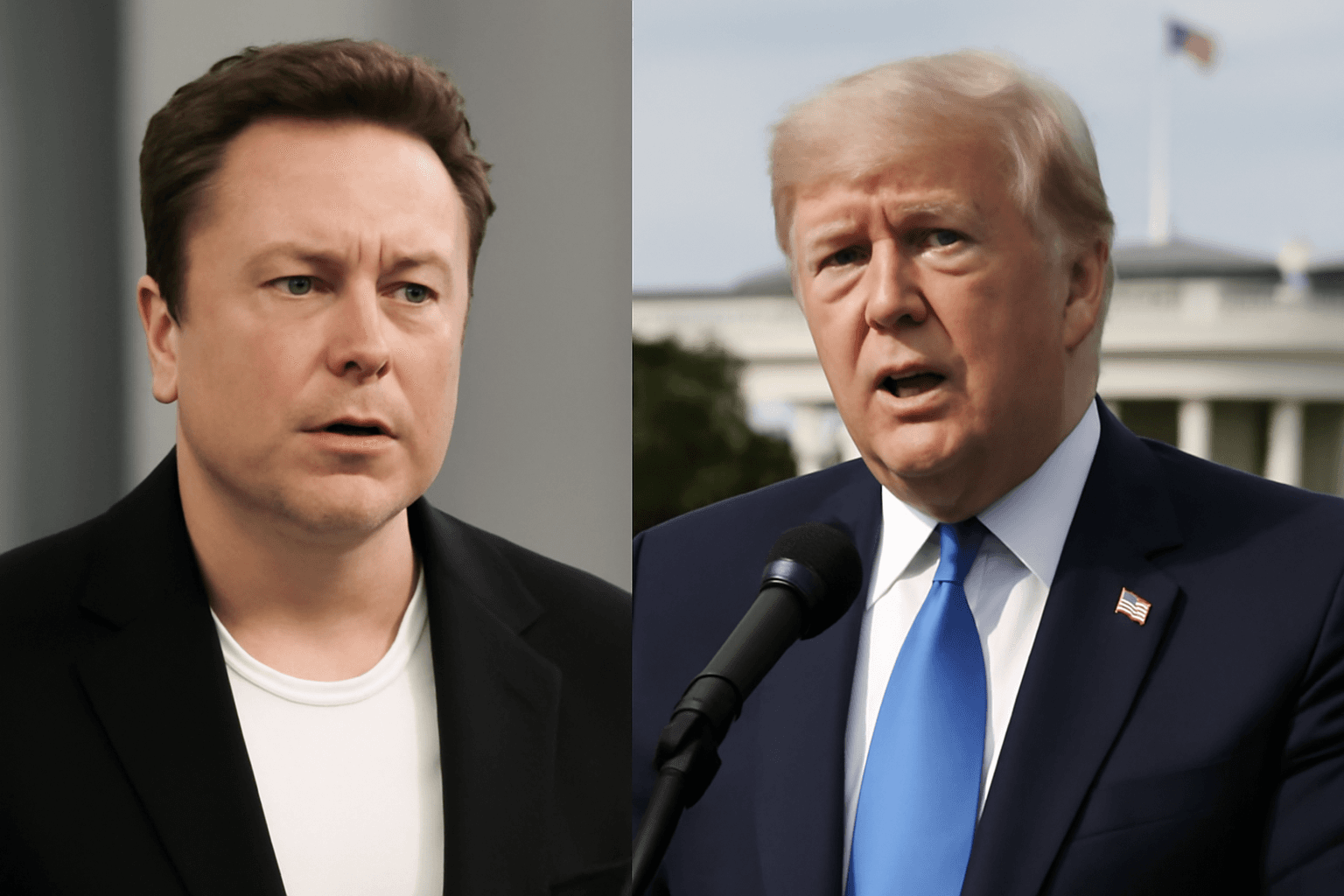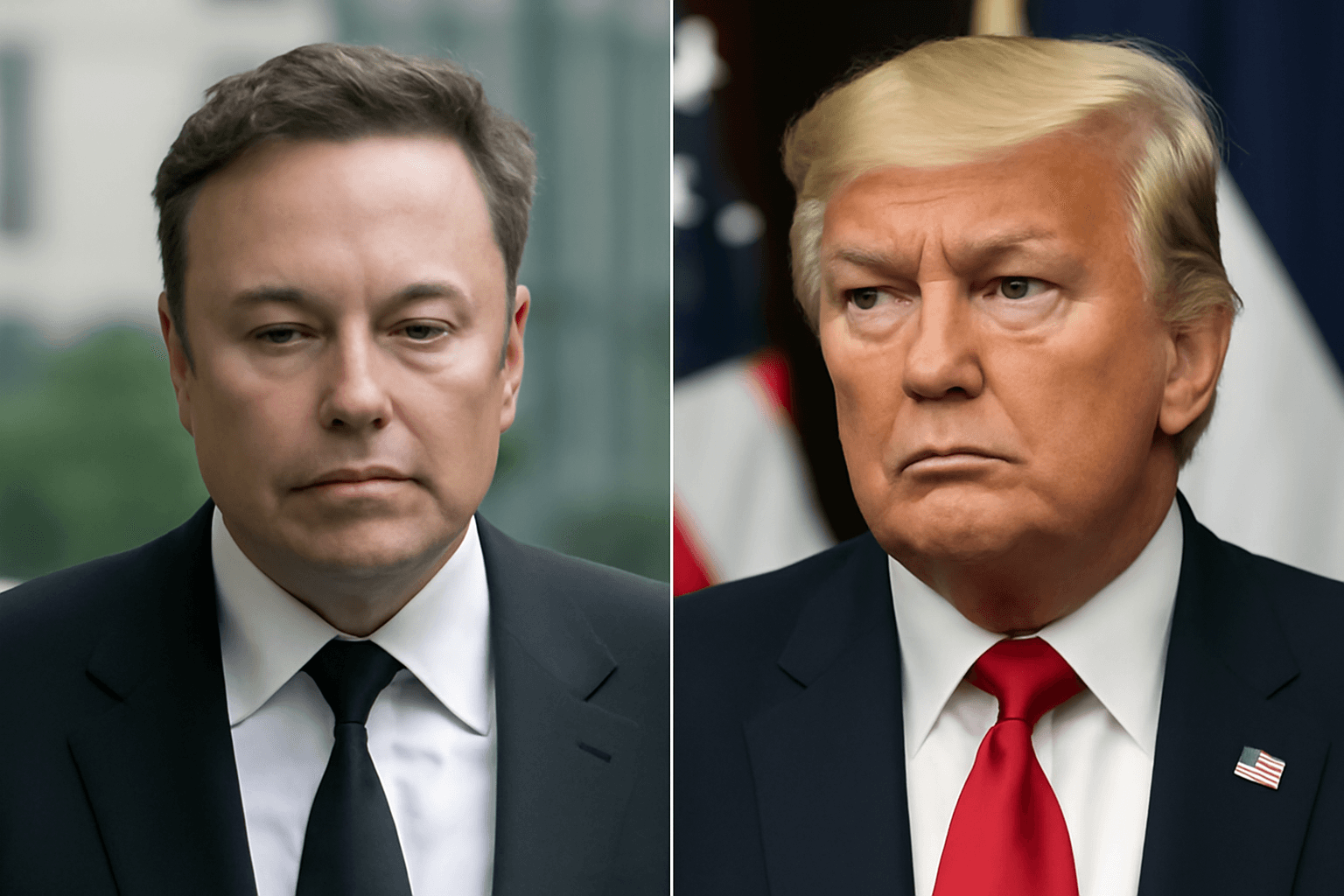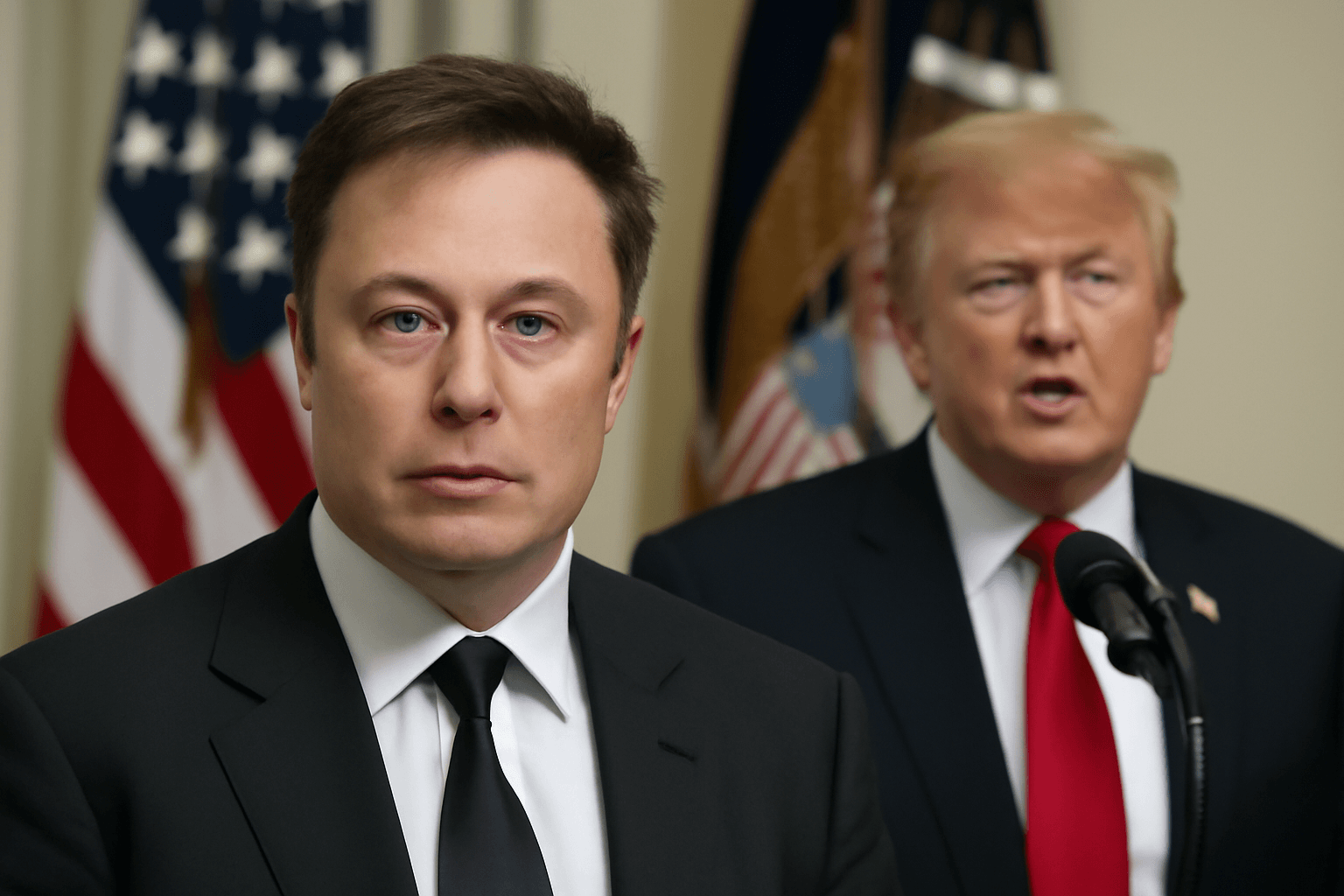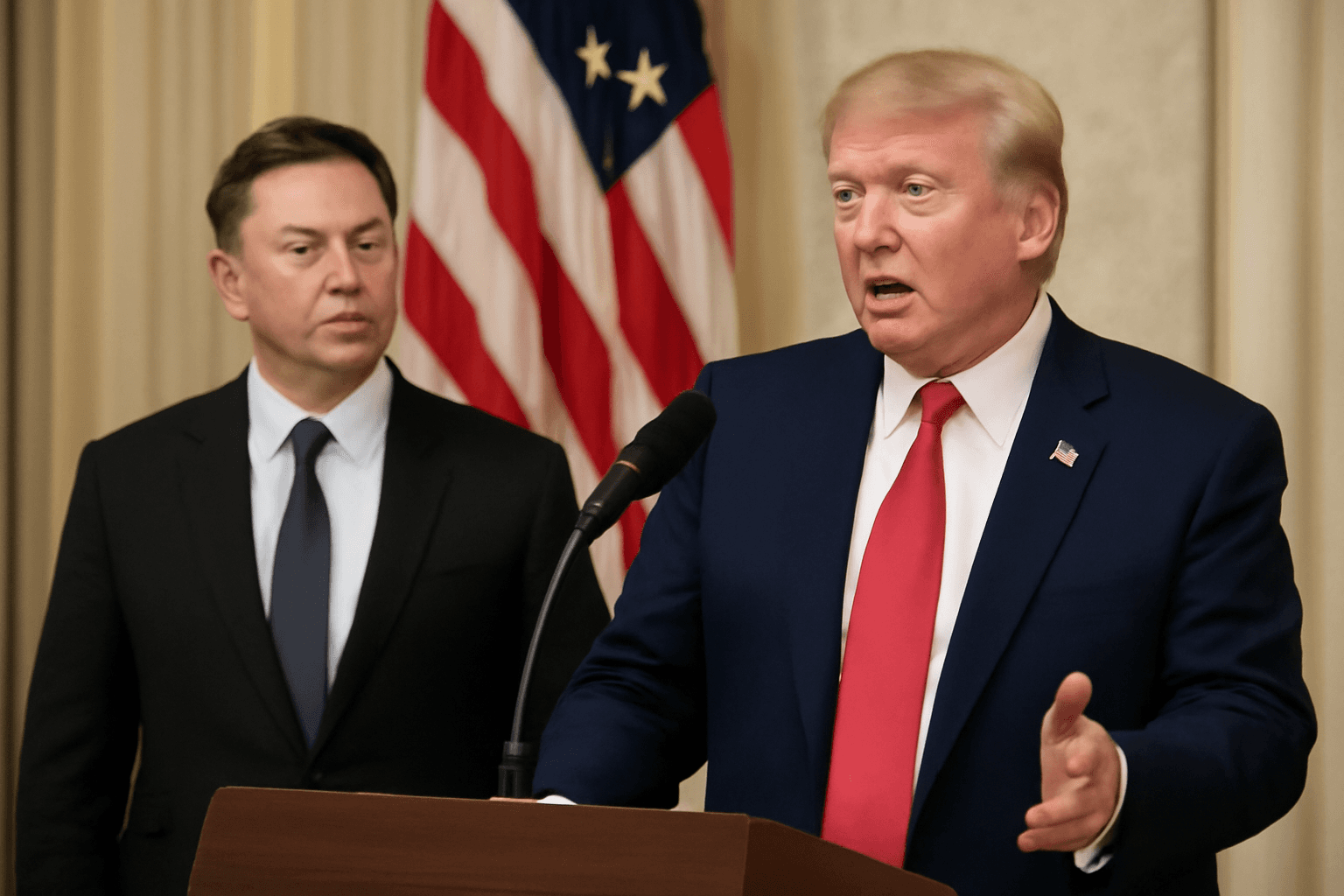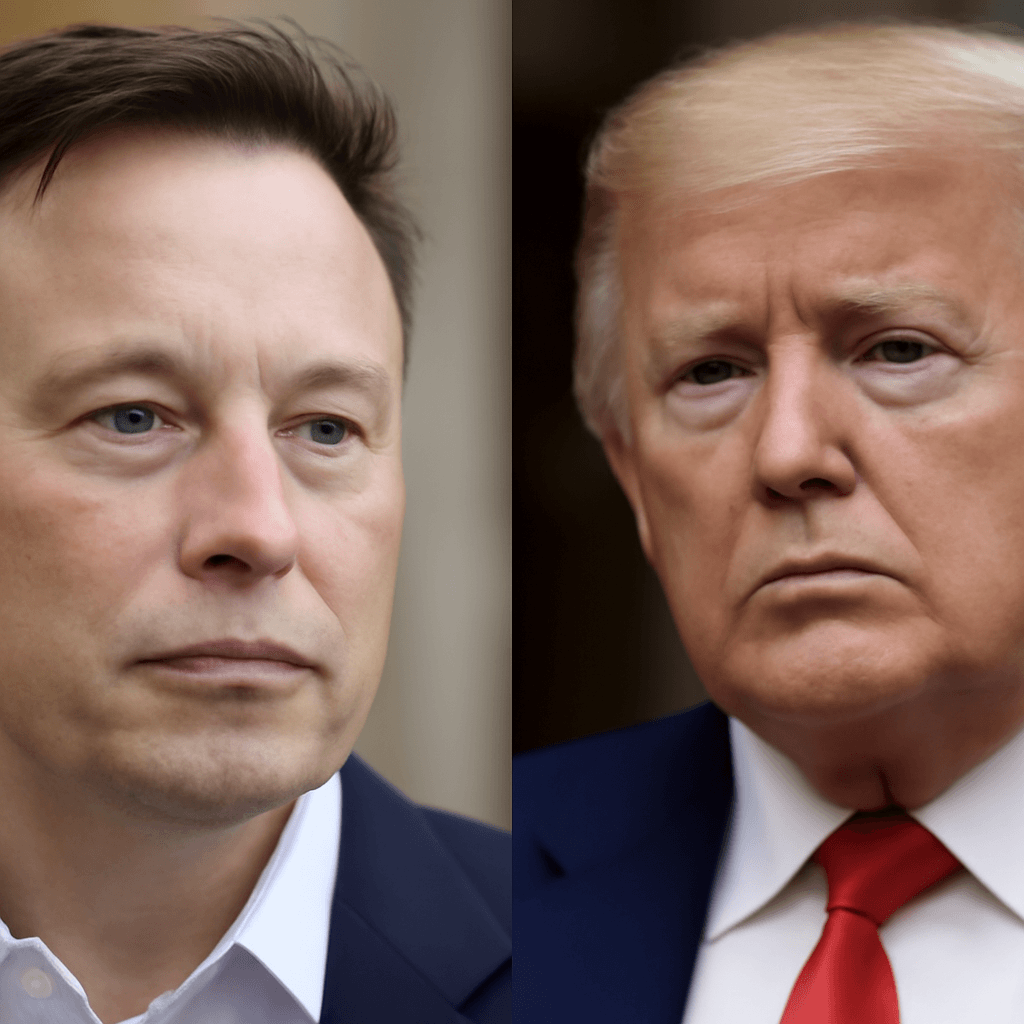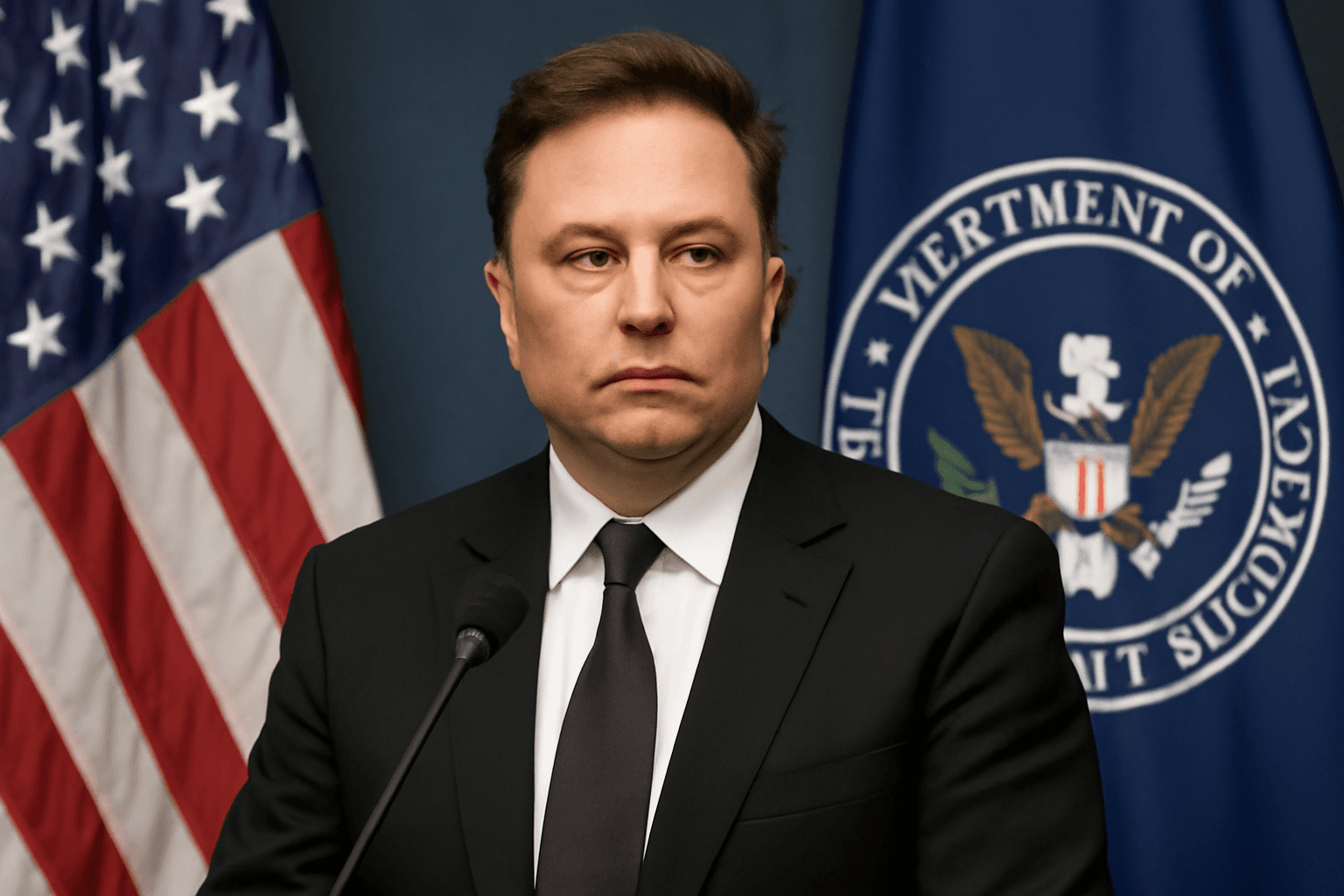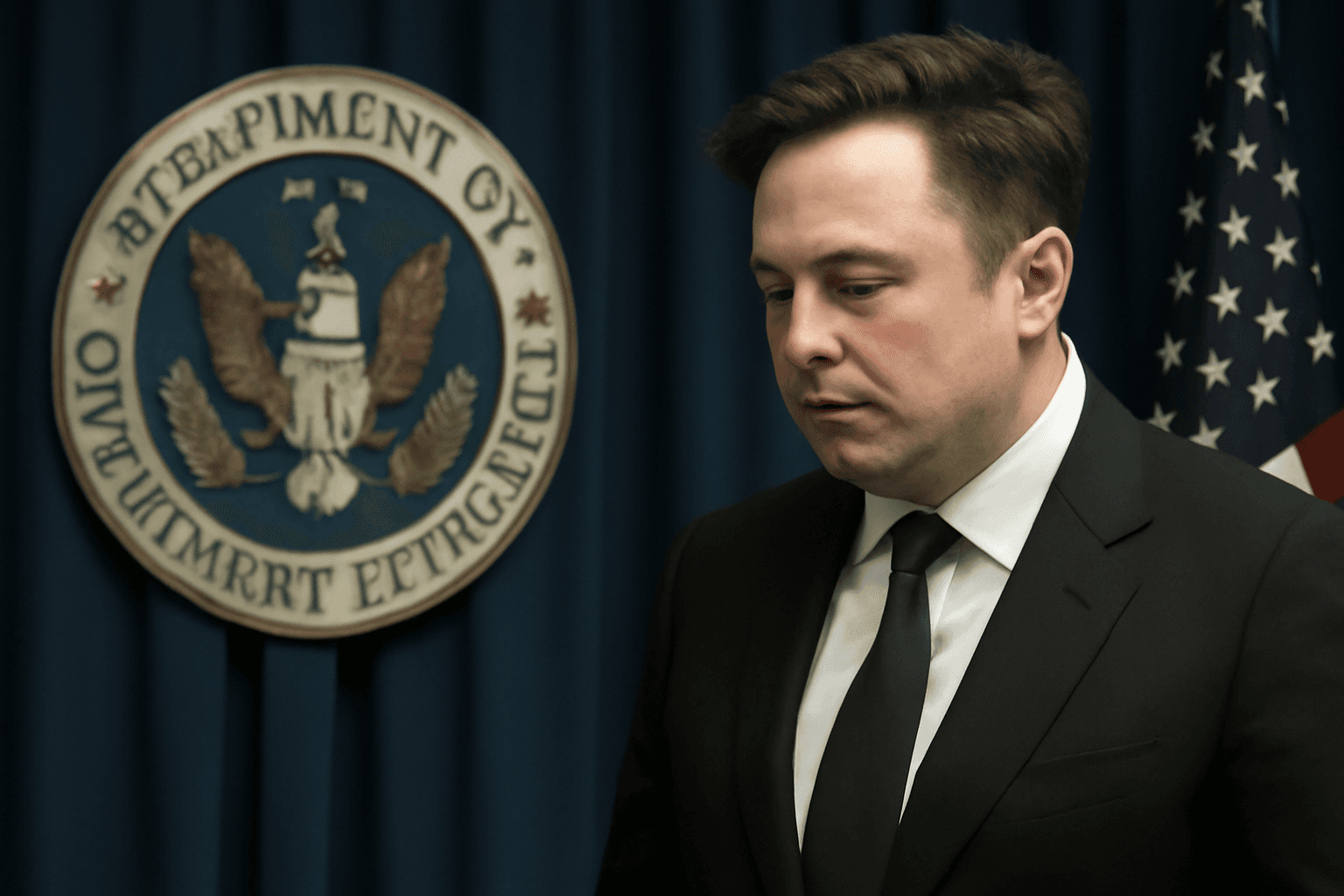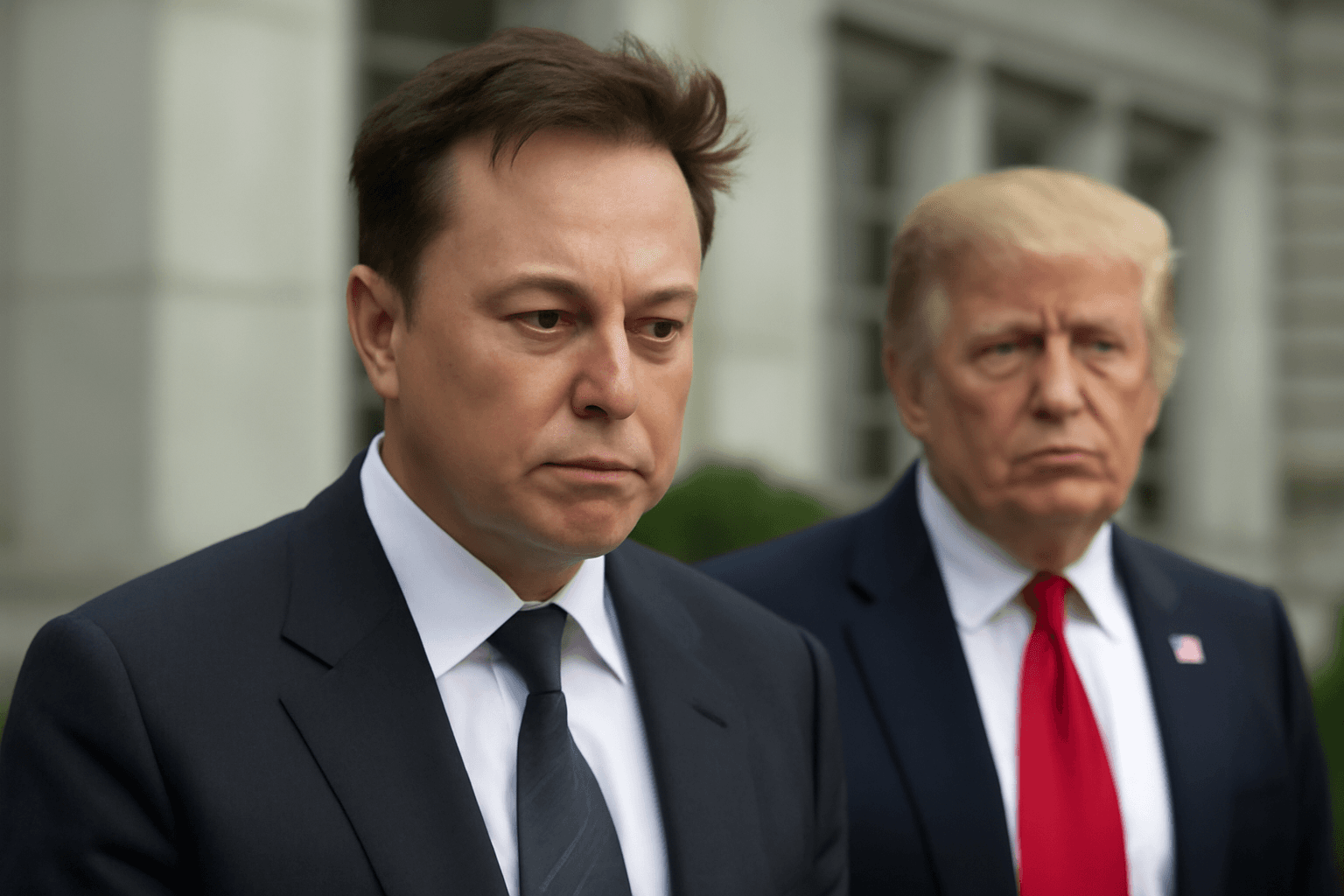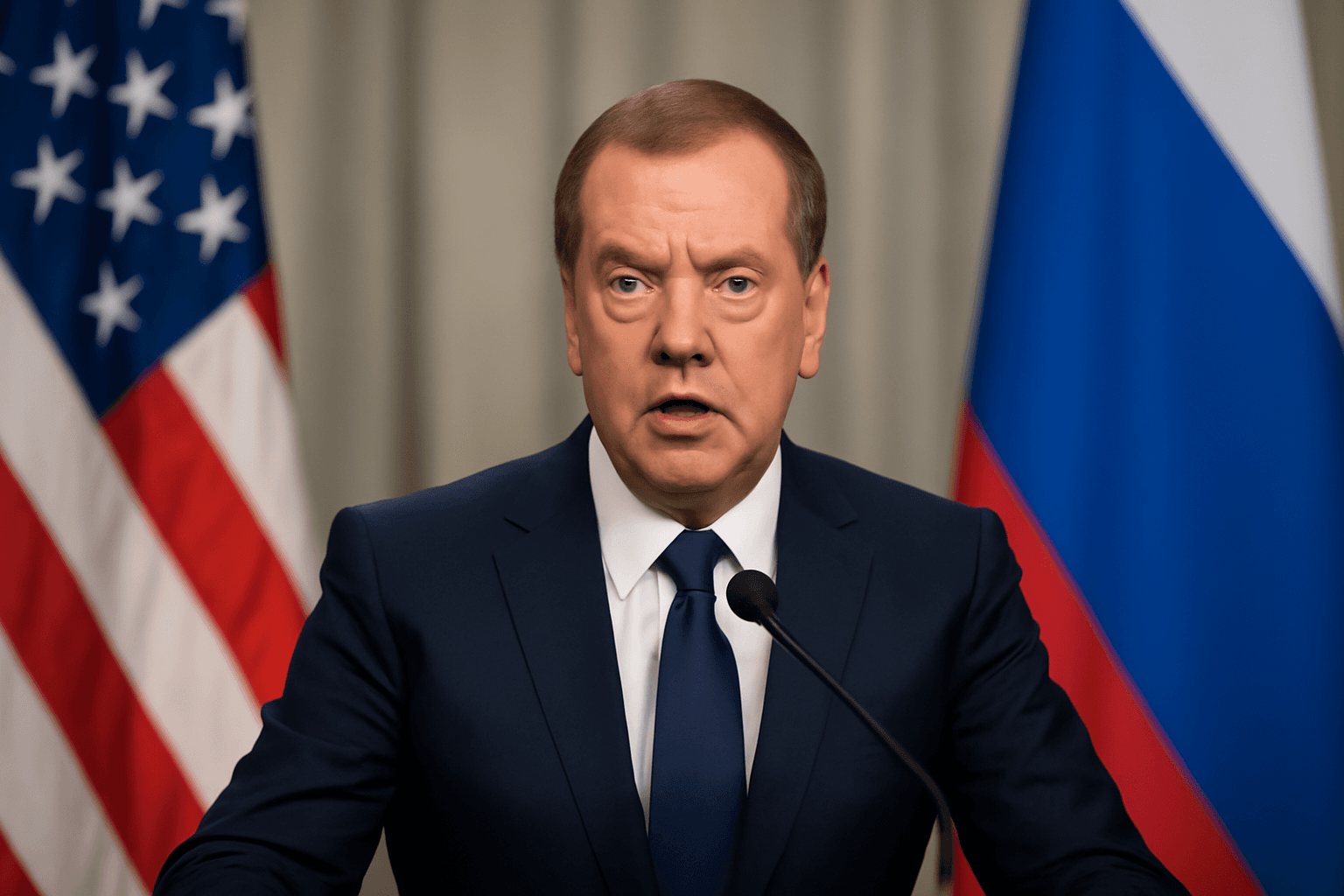Elon Musk has publicly expressed disappointment with former President Donald Trump’s proposed One Big Beautiful Bill, criticizing the initiative for increasing the federal budget deficit.
In a rare move diverging from Trump’s agenda, Musk conveyed his concerns during an interview with CBS, stating, “I was disappointed to see the massive spending bill, frankly. It increases the budget deficit, rather than reducing it, and undermines the work the Doge team is doing.”
The One Big Beautiful Bill, a $3.8 trillion legislative package awaiting Senate approval, seeks to extend the 2017 tax cuts, boost border security spending, reduce clean energy credits, and impose work requirements for Medicaid recipients. Trump has touted the bill as a central component of his second-term economic strategy.
Musk elaborated, “I think a bill can be big, or it can be beautiful, but I don’t know if it can be both—just my personal opinion.” This statement illustrates a clear departure from the president’s enthusiastic backing.
Fiscal analysts, including those at the Congressional Budget Office (CBO), estimate the bill would add $3.8 trillion to the national deficit by 2034, raising alarm even among some fiscal conservatives. Additionally, an independent report from the University of Pennsylvania dated May 22 suggests that extending the 2017 tax cuts alone could increase the primary deficit by $2.8 trillion over the next decade, challenging prior campaign commitments made by Trump.
Elon Musk currently heads the Department of Government Efficiency (Doge) within Trump’s administration, an initiative aimed at lowering federal expenditures and streamlining government functions. Under Musk's leadership, Doge has implemented aggressive cost-cutting measures, including workforce reductions and federal agency downsizing. Musk has claimed these actions saved taxpayers $175 billion; however, critics have questioned the validity of these claims and the legality of Doge's authority, leading to multiple lawsuits challenging both Musk’s role and the constitutional basis of the agency’s operations.

